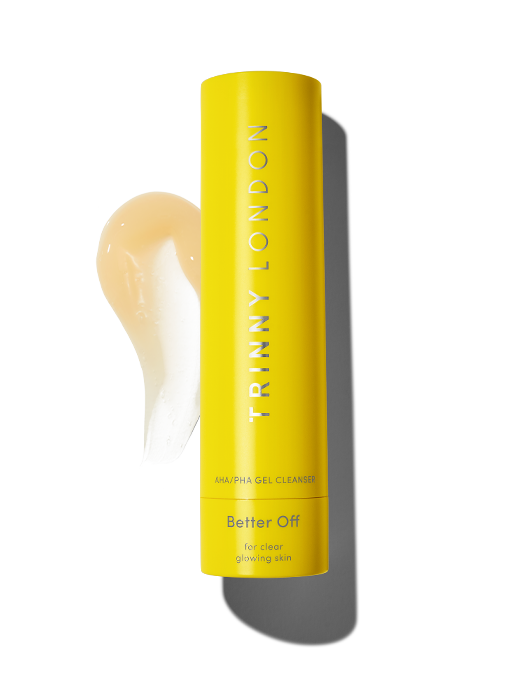
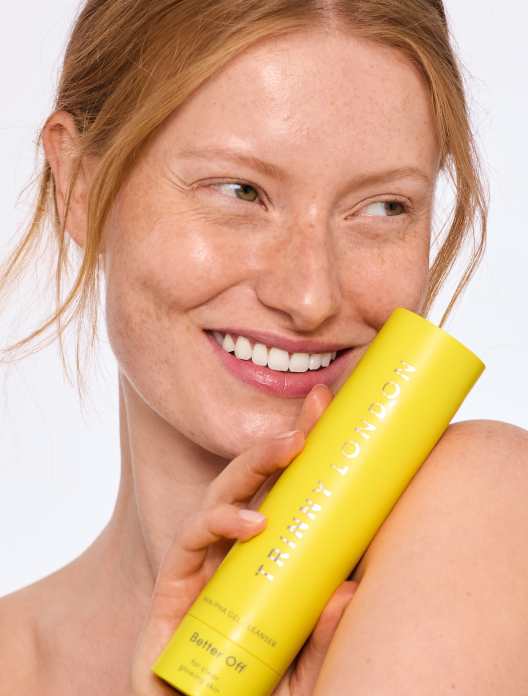
Better Off
Exfoliating gel cleanser for clear, glowing skin, suitable for all skin types

Our skin can be a number of different things, but what it isn’t, is subtle or secretive. If your skin is unhappy, you’ll know about it, and it can express itself in all manner of different ways.
The more you listen to your skin, the sooner you’ll notice if it's off-kilter. And the sooner you notice problems, the better. Catching unhappy skin early means you can act quickly – catching a simmer of irritation before it bubbles over to boiling point. This is really important as in most cases, the more stressed and aggravated your skin becomes, the longer it takes to calm down. Think of it just like your relationships. The quicker you quash a potential disagreement, the smaller the fallout, and the faster you can get back to normal. Getting to know your skin and checking in regularly on how it looks and feels will help you spot any early signs of unhappiness.
Deciphering what your skin might be saying to you is easy when you understand the signs.
Blemishes form when dead skin cells and sebum create a blockage within the hair follicle. They are more common in those with oilier skin types, as they have more sebum existing naturally on the surface of the skin. However, if you’re noticing far more blemishes than usual, it could be down to a few different factors. Hormones surge around the time of your period, as well as during perimenopause, and this tidal wave can drive an increase in oil, increasing the likelihood of hormonal spots. If you’re not exfoliating regularly, there will be more dead skin cells hanging around on the surface of your complexion, again increasing the odds of breakouts. Using skincare that is too heavy can also contribute to blocked pores, as well as using the wrong kind of products for you. In some cases, retinoids and liquid exfoliants can cause purging, where the acceleration of cell turnover brings blemishes to the surface.
If you have oily or normal skin, you’re likely to take your skin feeling balanced after cleansing as a given. But if your skin is dry, chances are you can’t wait to slather your skin in much-needed moisturiser. Dry skin is naturally lacking in oil, meaning it doesn’t produce enough sebum (one of skin’s natural moisturisers) to keep itself soft and supple. Using products that contain things like fatty acids will help to replenish what the skin is missing.
Our skin naturally produces melanin, the pigment that gives it its colour, at a steady pace. In the case of dark spots, where patches of skin are deeper in colour than the rest of your complexion, the melanocytes (skin cells which make melanin) are in overdrive – causing them to make far more melanin than is needed. This can be activated by sun exposure or hormones.
Finding that your skin is uneven in tone, with a number of age spots, can therefore be a signal that your hormones are fluctuating, or that you are not shielding your skin from the sun effectively. Make sure you’re wearing an SPF of at least 30 every day, even during the winter months, as UVA rays, which can penetrate through glass and clouds and are responsible for the majority of skin ageing. Incorporating an antioxidant, like vitamin C, will create an additional shield on the skin agaist the damaging effects of UV rays, supporting the work of your sunscreen.
We all want our skin to look great, but its primary function is to protect our body from external factors. It is in essence, a barrier. Sometimes, this skin barrier function can become compromised, with cracks appearing that allow the good stuff, like moisture, to escape, and bad stuff, like pollution, to sneak in and irritate the skin. Red, angry looking and dry feeling skin is a common sign of an impaired barrier.
Skin redness is also linked to rosacea, a skincare condition which causes the skin to appear flushed. It can range from occasional flushing through to a consistent red hue and thickening of the skin. Understanding what may be triggering rosacea or redness can help you to avoid flare ups. Alcohol, spicy foods, changes in temperature and washing with water that’s too hot are among the most common triggers of flushed skin.
Some products, like liquid exfoliants, might lightly tingle as they come into contact with your skin, but that’s very different to full-blown stinging. If your skin is reacting in this way, it is essentially shouting at you to put down the bottle and stop what you’re doing. It could be a sign that there is something within this product driving a reaction, a sign that you have overused this particular product or that you have sensitised your skin. If it’s the latter, you’ll need to strip your routine back to the bare basics of cleanse, moisturise and SPF to give it the space and time it needs to recover. Introducing new products or ingredients slowly will reduce the risk of a reaction. Leave at least 48 hours between the first two applications to see how your skin responds.
If our skin was an item of clothing, it should be a pair of leggings. It should be comfortable, and dependable, with a barely-there feel. What it shouldn’t feel like is your tightest pair of jeans, niggling at you as you go about your day. If your skin is physically bothering you by tingling, itching or just generally feeling tight and uncomfortable, this could be a sign that your current skincare routine is either aggravating your skin or not meeting its needs.
Feel like your skin has lost all of its get-up-and-go? Dull, tired skin is a common concern, and not always related to how well you’re sleeping. Consider lifestyle elements like your diet and how much water you’re drinking, as both will impact how fresh and vibrant your skin looks.
When we’re going about our day, our skin is constantly under attack from radiance-robbing free radicals from things like pollution, cigarette smoke and UV rays. Applying an antioxidant, like vitamin C, will help shield skin, so you don’t lose luminosity. Another cause of lacklustre skin is not exfoliating regularly enough. As we age, the rate at which dead, dulling cells are evicted from the surface of our skin starts to slow. Exfoliation will support and supercharge the process, bringing the fresh, younger skin to the surface.
Shop the article


Exfoliating gel cleanser for clear, glowing skin, suitable for all skin types
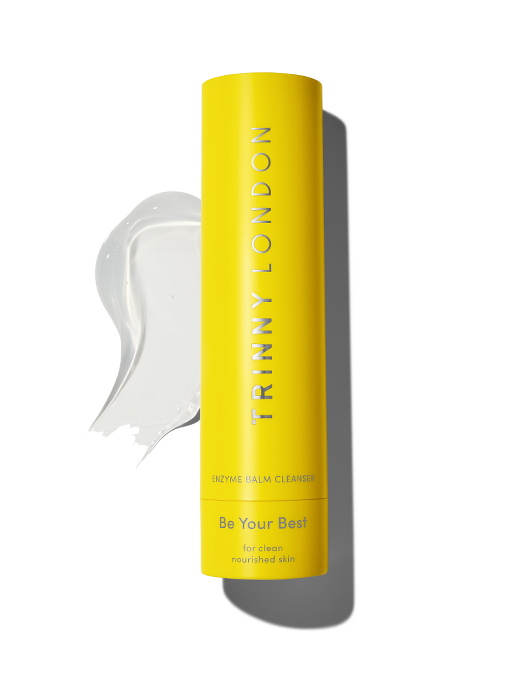
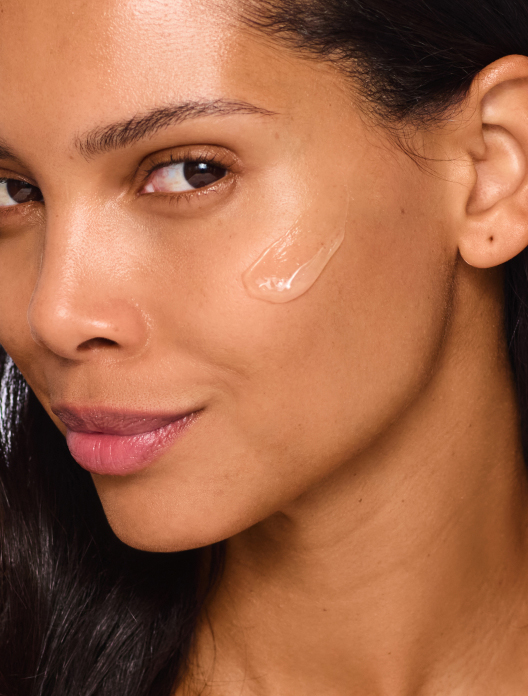
Oil-based transforming cleanser for clean, nourished skin, suitable for all skin types
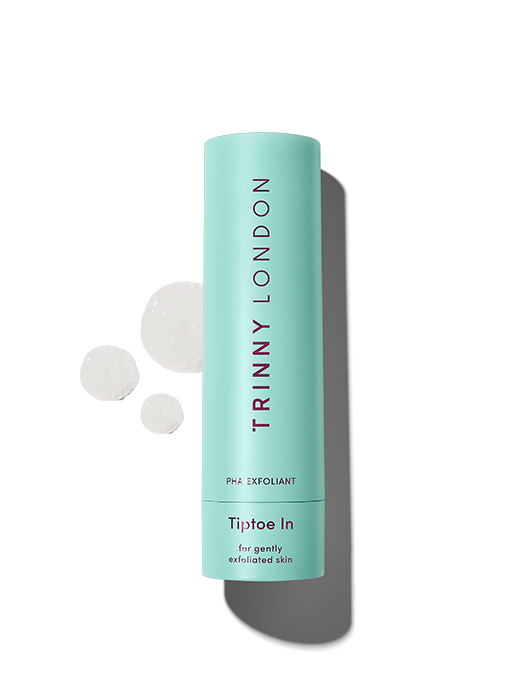
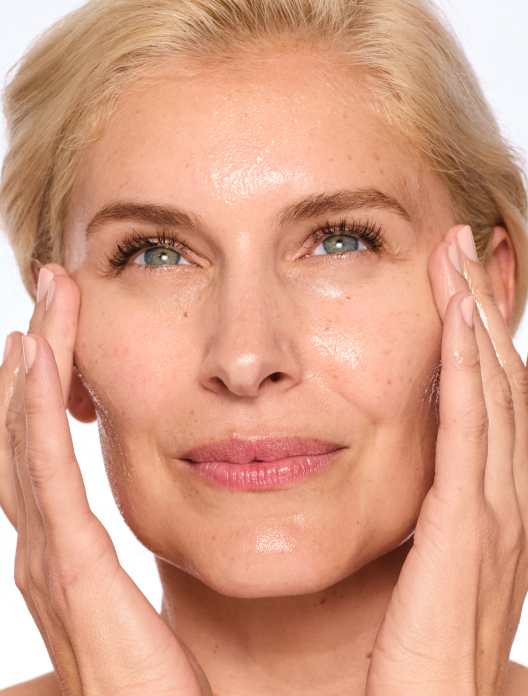
Kind-to-skin exfoliant for radiant skin, suitable for all skin types
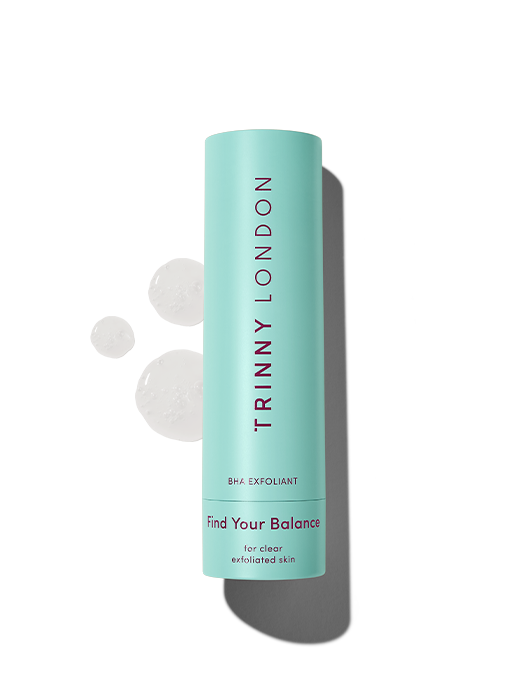
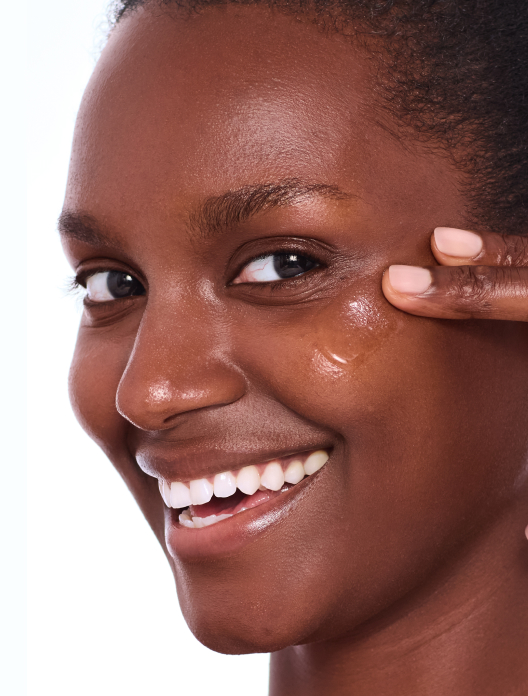
Clarifying complex to tackle blemishes

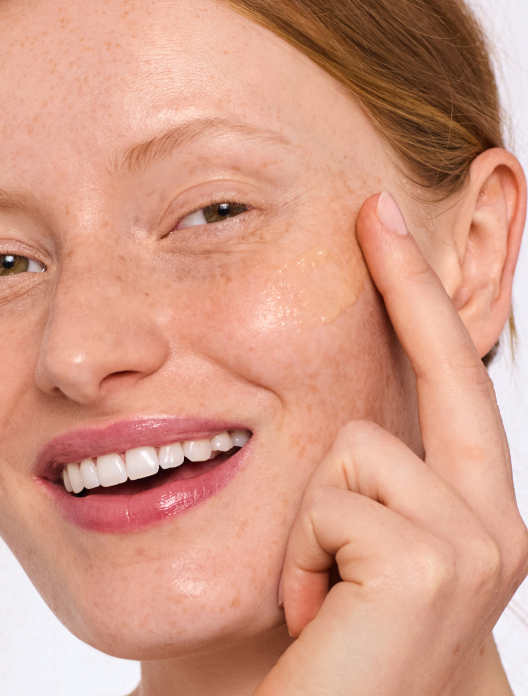
30% vitamin C serum for visibly brighter, glowing skin, suitable for highly experienced skincare users (not for sensitive skin)



 5 shades
5 shades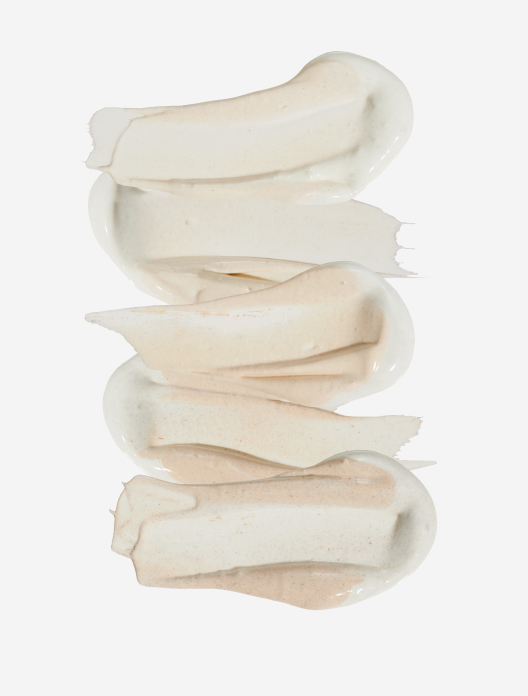
SPF 30 to protect, perfect and give skin a healthy glow
Choose shade